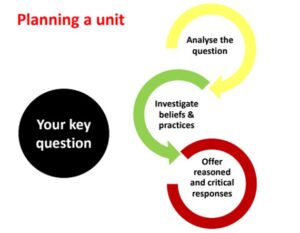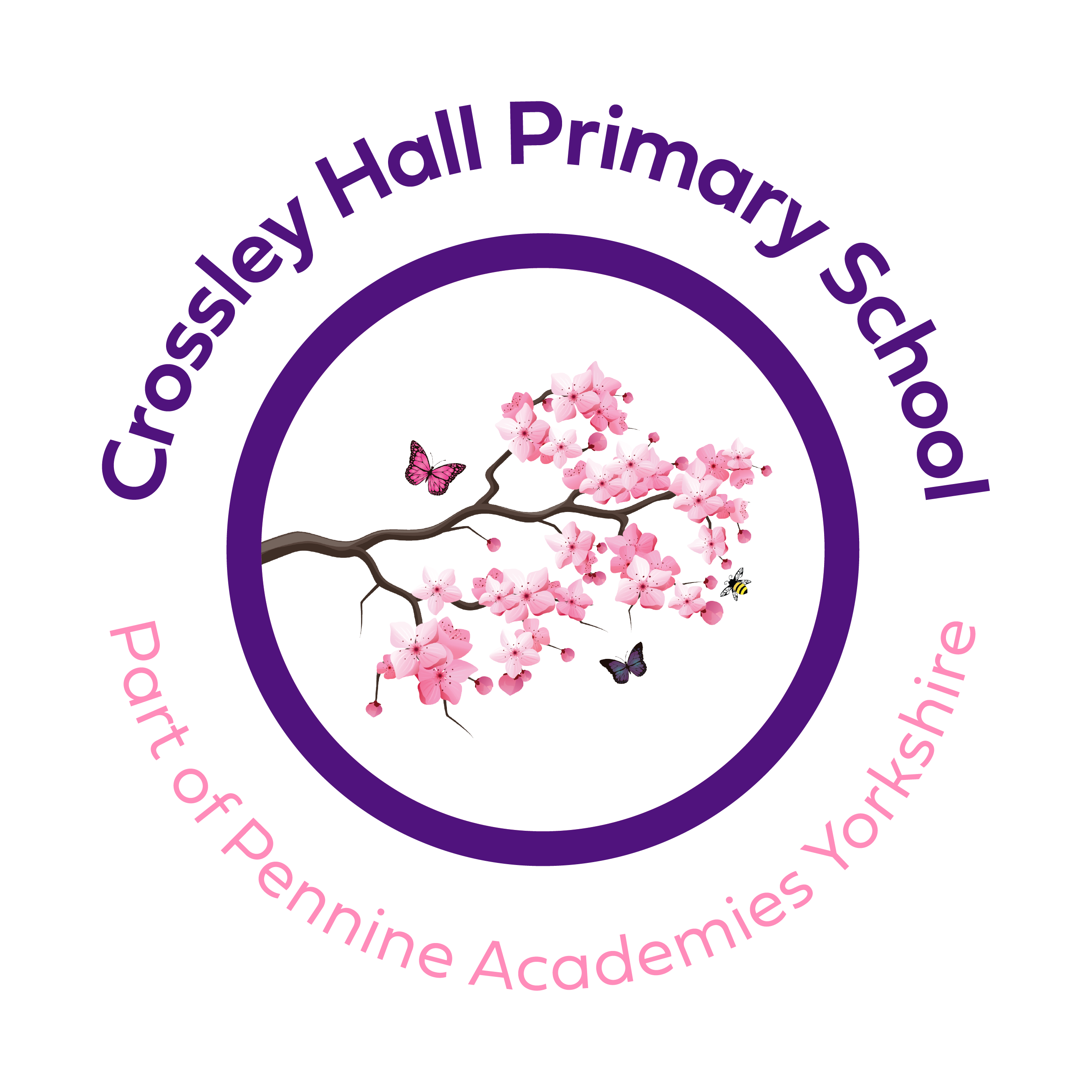History
As a values-led school, our curriculum is underpinned by promoting inclusion, happiness and raising aspirations. It is through these values that we develop the whole child. We believe that the skills we equip our children with will enable them to go into the world as curious, independent thinkers who are able to appraise and consider any views they are exposed to.
History Subject Intent
It is our intent to ignite children’s curiosity about the past through the study of History. Through understanding the past, children are able to empathise with others, ask questions and develop their own conclusions. All children are provided with the opportunity to visit historical landmarks or places of historical significance, in order to develop a deeper understanding of local and national History and its impact on the world they live in today.
Key features of our History curriculum:
- Every unit planned from national curriculum objectives and is centred around answering the enquiry questions: ‘who, what, where, when and why’ which children investigate
- Coverage of a variety of events, period and significant people from EYFS to Y6
- Resources and History artefacts to support
- In-school visitors and educational visits that offer memorable experiences.
- History brought to life: opportunities to role-play and reenactments to develop an understanding of Historical events and lived experiences.
- Talk about different religions and worldviews with sensitivity, confidence, understanding and empathy.
- We offer the children the opportunity to develop their writing skills by enabling them to write as a historian.
Organisation of teaching and learning
- Early Years – within provision and cross curricular links
- KS1 – Weekly 1 hour History lessons
- KS2 – Weekly 1 hour History lessons

Planning
- Long term plans outline the units to be covered in each term, during each Key Stage.
- Medium term plans developed alongside History team and curriculum consultant to ensure that each lesson is meeting the curriculum objectives and answering the key enquiry questions.
- Teaching reinforces key vocabulary relating to the topic as well as recapping vocabulary that children have learnt in previous years. Vocabulary document coming soon!
Evidencing
History is evidenced in Floor books. The evidence presented includes:
- Examples of children’s work.
- Pictures of children exploring a topic.
- Pupil voice – things the children have learnt or questions they have asked.
- Key learning explored that lesson.
- Historical writing is evidenced in writing books.
Resources
- Teachers plan for visitors to come into school and plan visits offsite where possible.
- Children are given the opportunity to develop independent research skills in History. Each class has access to a class-set of Chromebooks.
- Teachers have access to guidance and training from the curriculum specialist.
Monitoring Procedures
Quality of teaching and learning of History at Crossley Hall Primary School is monitored by:
- Conducting a planning scrutiny (termly)
- Pupil Voice Survey (half-termly)
- Lesson observations take place in all classes throughout the year.
The subject leader is responsible for monitoring attainment and progress, the outcomes of which are fed back to staff at an appropriate time.



